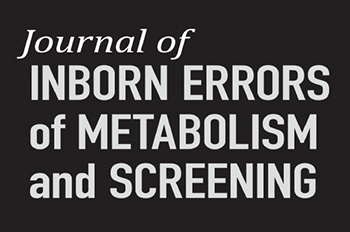Abstract
Data on Mucopolysaccharidosis type II (MPS II) in Latin America are scarce. This retrospective database study, using data from the Informatics Department of the Brazilian Health System (DATASUS), aimed to estimate the prevalence of MPSII in Brazil from 2008 to 2020 and to describe demographic and clinical profiles from patients under treatment. The study population was derived from DATASUS records of MPS II (ICD-10 E76.1) diagnosed in Brazil. Initially 455 patients were found, but only 181 patients who were receiving idursulfase treatment were included in this study. Among these cases, as expected in a X-linked disease, all were males and 40% of the cases were recorded in the Southeast region, and another 34% in the Northeast region. The biggest proportion of patients (39%) were diagnosed when they were 10-19 years old. There are 212 clinical conditions associated with MPS II, although the main comorbidities related to MPSII include: abdominal/inguinal hernia, respiratory complications, and carpal tunnel syndrome. Respiratory disorders were the fifth most frequent comorbidity recorded in these patients. The healthcare professionals in Brazil more involved in the diagnosis of MPS II were radiologists, followed by geneticists and cardiologists. Despite some limitations, DATASUS is a relevant database to provide information on rare diseases such as MPS II. Most cases were reported in southeast and northeast regions, respectively. This information is crucial to help design targeted public policies.
Keywords:
Mucopolysaccharidosis Type II; SUS; ICD-10 E76.1; Idursulfase; Hunter Syndrome

 Thumbnail
Thumbnail
 Thumbnail
Thumbnail
 Thumbnail
Thumbnail
 Thumbnail
Thumbnail



